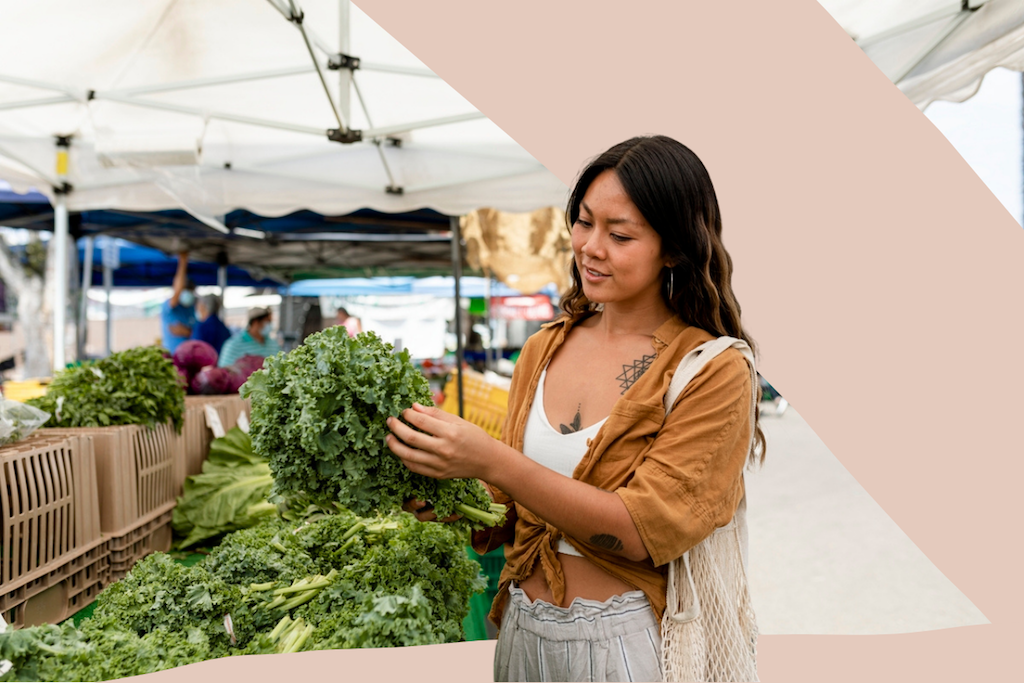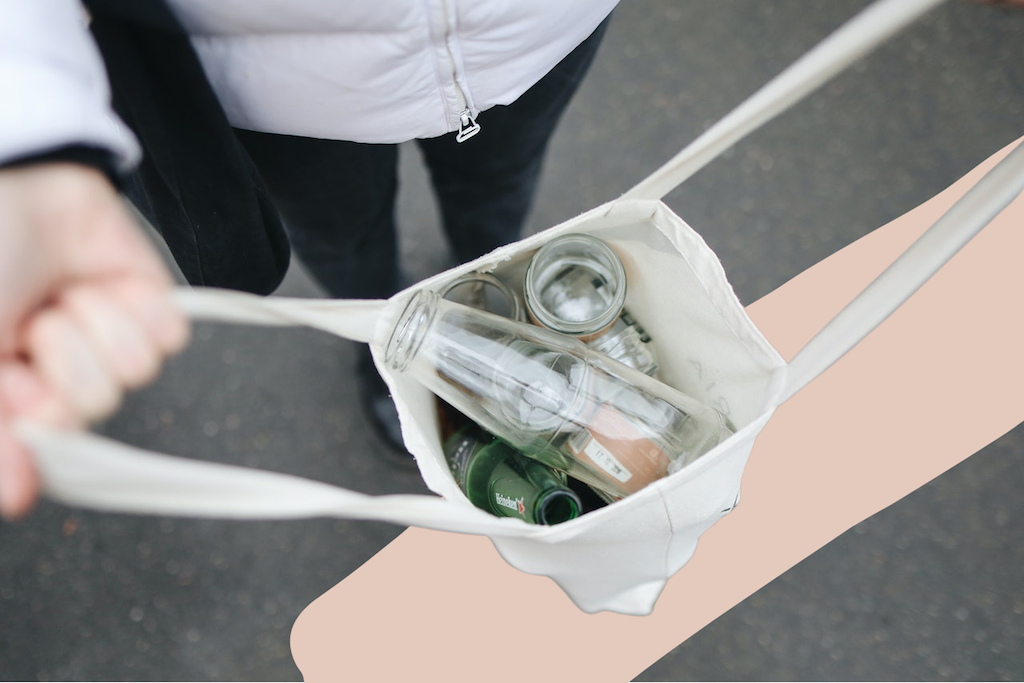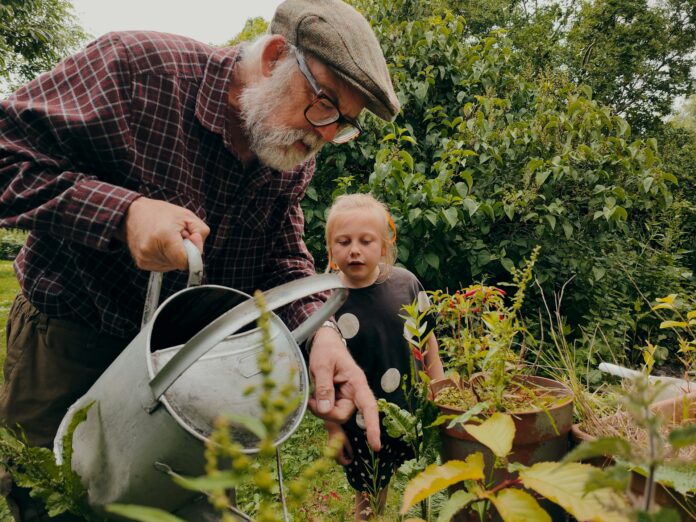It’s a term whose prevalence has risen over the years – and it’s for very good reason. After all, if each and every one of us were to live sustainably, there’s no doubt that the world would be in a significantly better place.
While transport and a whole host of other big-hitting industries quite rightly receive the brunt of the headlines when it comes to climate responsibility, there are still things the individual can do to tread a little lighter. Today, we’re going to take a look at shopping, and show how changing various habits can make a world of difference to the impact you have on the planet. Here’s a quick-fire guide to sustainable shopping.
BUY LOCAL
This one should come as a no-brainer, but it’s important to remember that many of the ingredients that go into the products we consume can often be sourced from far away – sometimes from countries or continents we wouldn’t readily associate with the product.
While this isn’t always the case, and it would be wrong to imply a blanket ban on all products not from within a twenty mile radius, it is often worth considering how far your food and drink has travelled before it hits supermarket shelves.
Considering how far your favourite products have travelled will help to encourage you to purchase local produce and, ultimately, allow you to reduce your carbon footprint.
Let’s not forget that this isn’t just related to food purchases – it can affect absolutely anything. Clothes are another area where you’ve got a choice to make, with some shops more sustainable than others.
Read: 6 benefits of buying local produce today

RECYCLE & BUY RECYCLED
What’s better than buying local produce? Buying recycled, of course. The simple fact is that resources are limited – and that includes our planet’s resources. As such, it’s vital that we recycle – and buy recycled – as many products as possible.
There are a number of schemes out there that have been set up to help recycle pretty much anything you can think of, with all manner of plastics, metals and other elements being able to be recycled; you just need to put a little extra effort in. Fortunately, such schemes have led to more recycled products being available on the high street, too.
The next time you are at a store, consider whether the recycled versions of the products you intend to buy are available.

BE WARY OF PRODUCT PACKAGING
Another important question to consider when shopping is “how are the products I buy being packaged?” There’s no doubt that some packaging is designed to be both aesthetically pleasing and functional, but others are completely unnecessary in their elaborateness or use of material.
You can make a difference by questioning the need for excess packaging and requesting that your favourite brands and products consider more sustainable and earth-conscious packaging.
Plastic and other types of packaging material are not only hard to dispose of, but they slowly poison the world around us. At some point, we’re going to have to limit the amount of plastics we use, and that’s why we must push for more sustainable options – such as biodegradable packaging – to ensure the transition is as smooth and quick as possible.
Read: The benefits of sustainable packaging to your business
BUYING SECOND-HAND
Finally, let’s not forget that there are plenty of items that you can purchase second-hand. The idea of shopping second-hand perhaps isn’t as widely used as it should be, but doing so does make a considerable amount of sense.
If you are shopping for anything you don’t need brand new – whether it’s an old mattress or a bicycle – consider checking online or in stores for second-hand products to save money and reduce your impact.
Second-hand can also apply to food; instead of throwing away the fruit and veg that you won’t use, why not sell it to one of the many facilities throughout the UK to provide fresh produce to people who need it?
Even better than second hand, perhaps, is to reuse and re-up your own stuff, negating the necessity for you to buy new items. Of course, this especially applies to clothes. Check out these tips on how to cheer up old clothes this autumn and winter for more on that.
THE BOTTOM LINE
While shopping is definitely not the most significant impact that humans have on the planet, it is still an important one – and one that we’ve got to consider how we manage.
Hopefully, these tips will help you consider how you can change your shopping habits to reduce the impact you have on the planet and perhaps encourage you to start making more sustainable choices.





